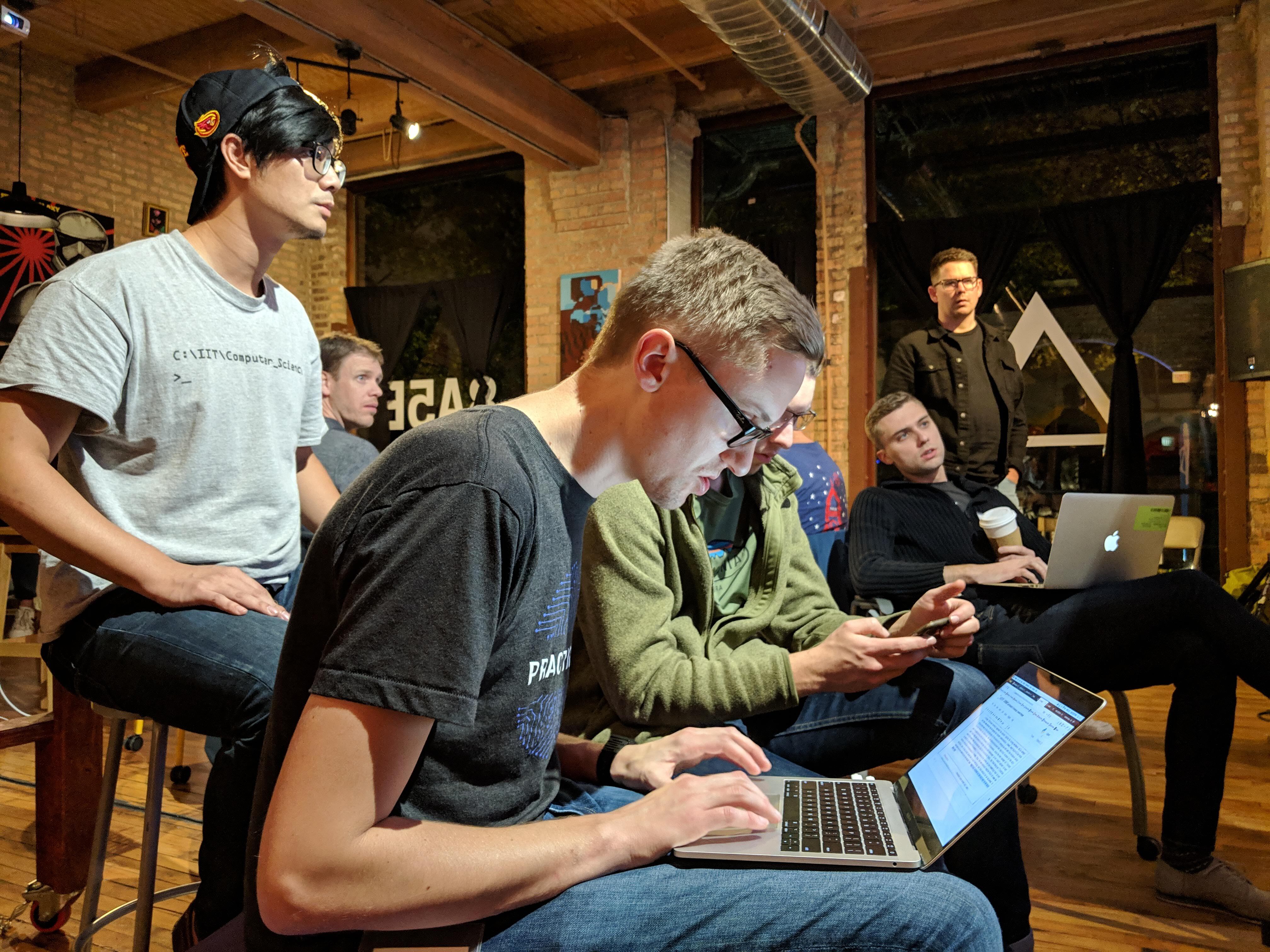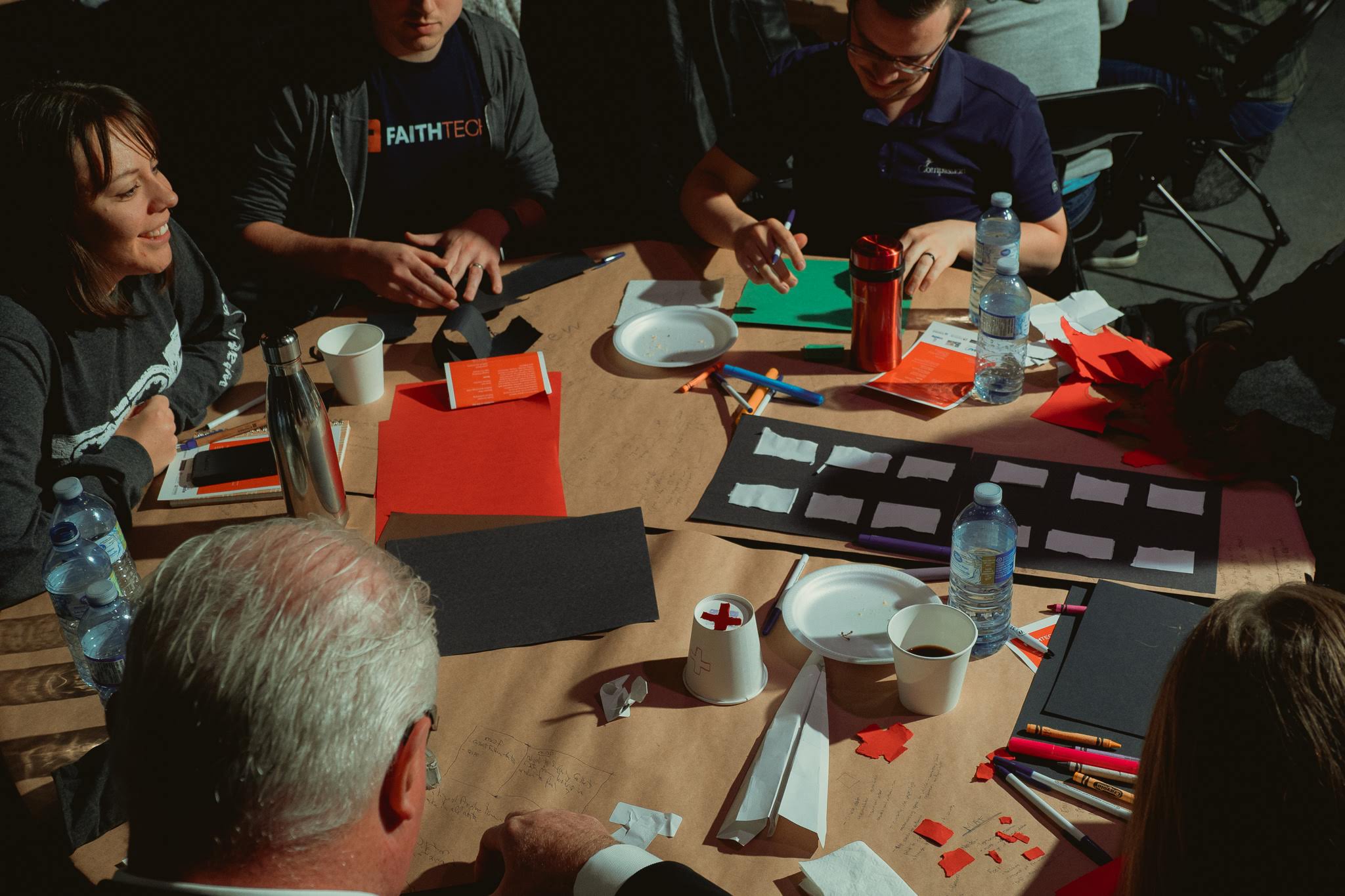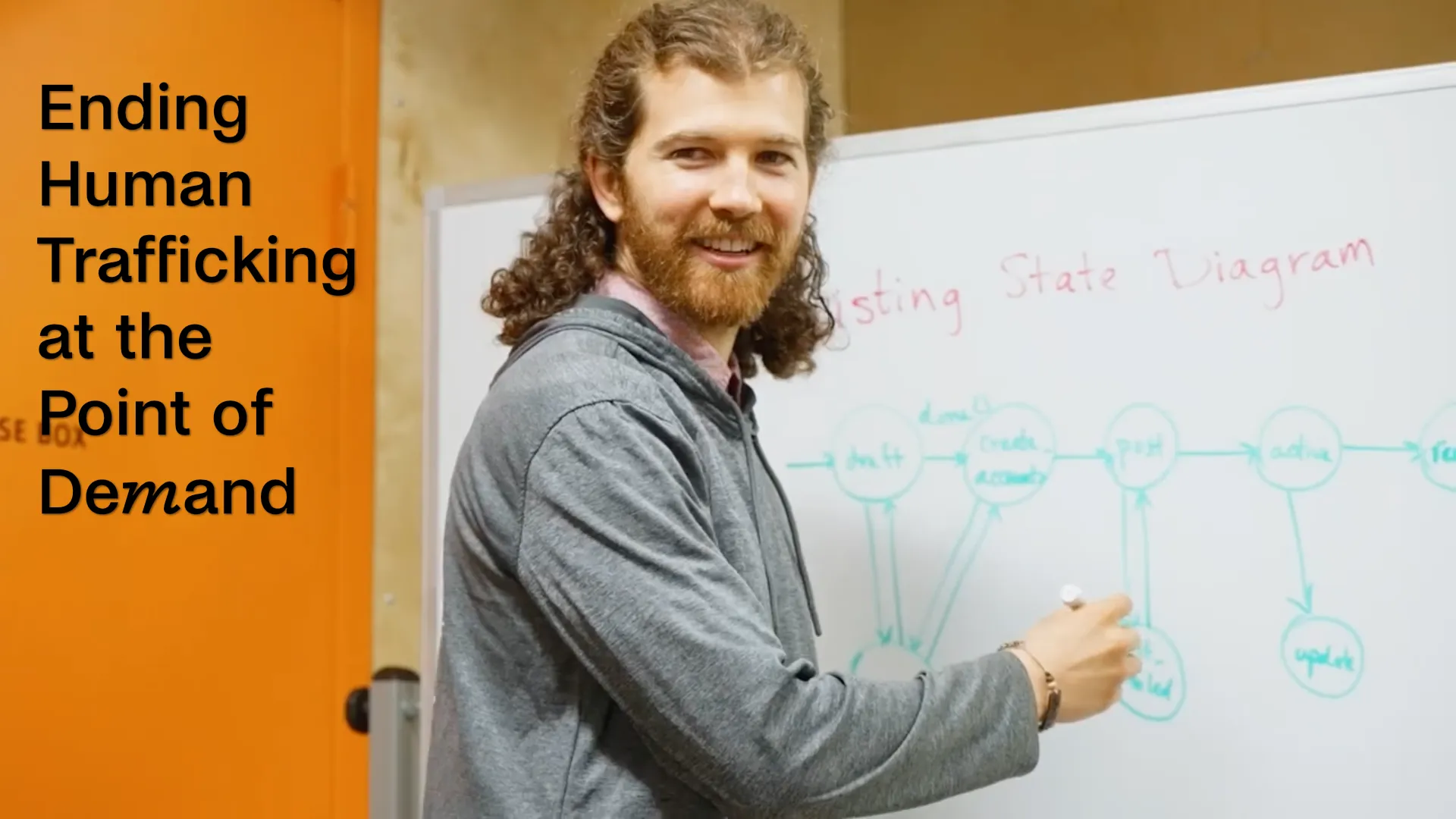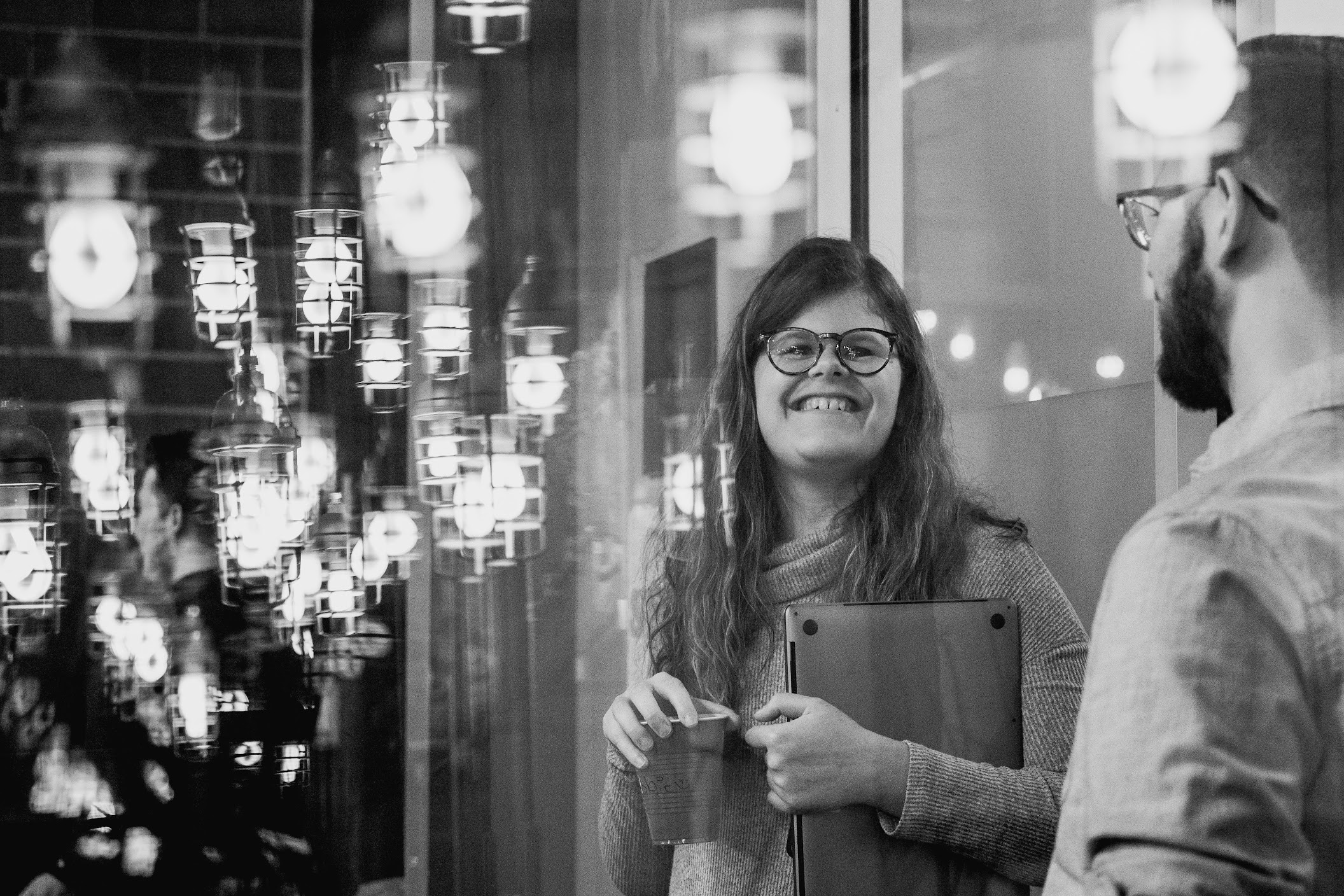We exist to see a Jesus revival awakened in and through tech.
FaithTech is a practicing community. We believe there is a way of building technology that redemptively changes the world while transforming those who build it. We gather in city-based communities around the world to build technology together, rooted in a biblically based method, and bring this new method of building back into our workplaces.
Our city-based communities are where we meetup in person to eat, learn and build together!
Every FaithTech city has its own distinct characteristics and unique local expression. The common thread between each city is a shared love for Jesus and a desire to gather together in community to build technology in a redemptive way.
In FaithTech Create, volunteer teams leverage technology to create redemptive solutions to kingdom focused challenges.
We believe in a new way of building technology. A different way. A redemptive way.
In FaithTech Create, we form small teams around ideas that emerge within a local city. These teams follow our 4D cycle methodology to create technology tools that help advance the gospel, help the local church, or serve the most poor and marginalized.
Featured

Redemptive AI Ethics Framework
The Redemptive AI Ethics Framework intends to provide biblical principles, AI development standards and AI safeguards for the current AI age. By grounding AI engagement in biblical theology, this approach equips the church to step boldly into the Wisdom Gap with God’s truth for a world struggling to understand what it means to be human in the age of thinking machines.

This AI Moment is a Gospel Moment
This AI moment represents both an opportunity and a challenge for believers. We are called to be in the world but not of it (John 17:14–15), engaging with cultural and technology while remaining rooted in timeless biblical truths. As the gap between AI and our ability to respond wisely continues to widen, the global church faces an unprecedented opportunity to proclaim the gospel in a world searching for meaning.

The FaithTech Workbook
This guide is designed to help you build technology using the redemptive framework outlined in the FaithTech Playbook. Whether you're looking to glorify God by solving real-world problems as part of a FaithTech community, another community of Christ-followers, or just a couple of friends - this guide is for you!



